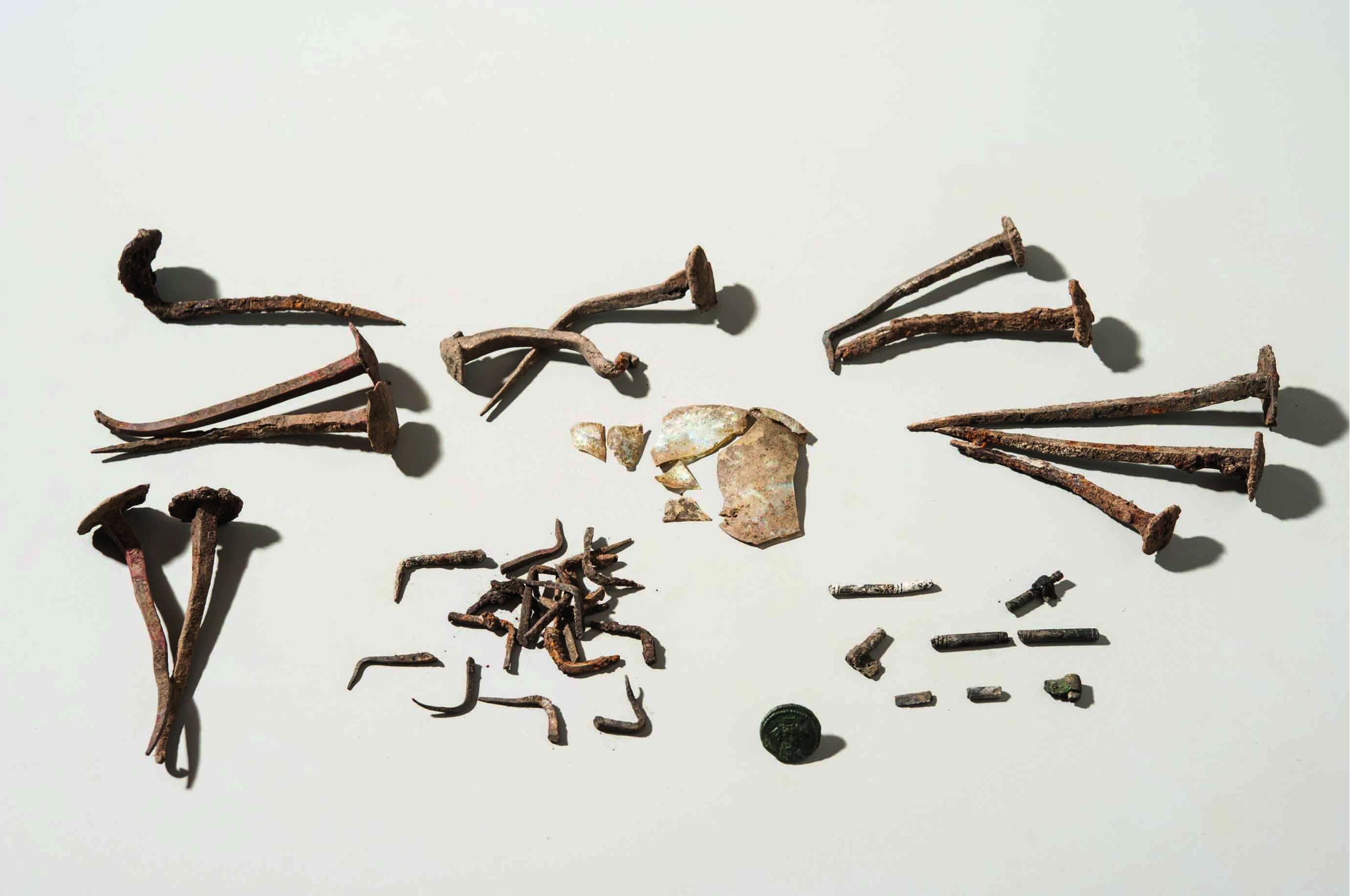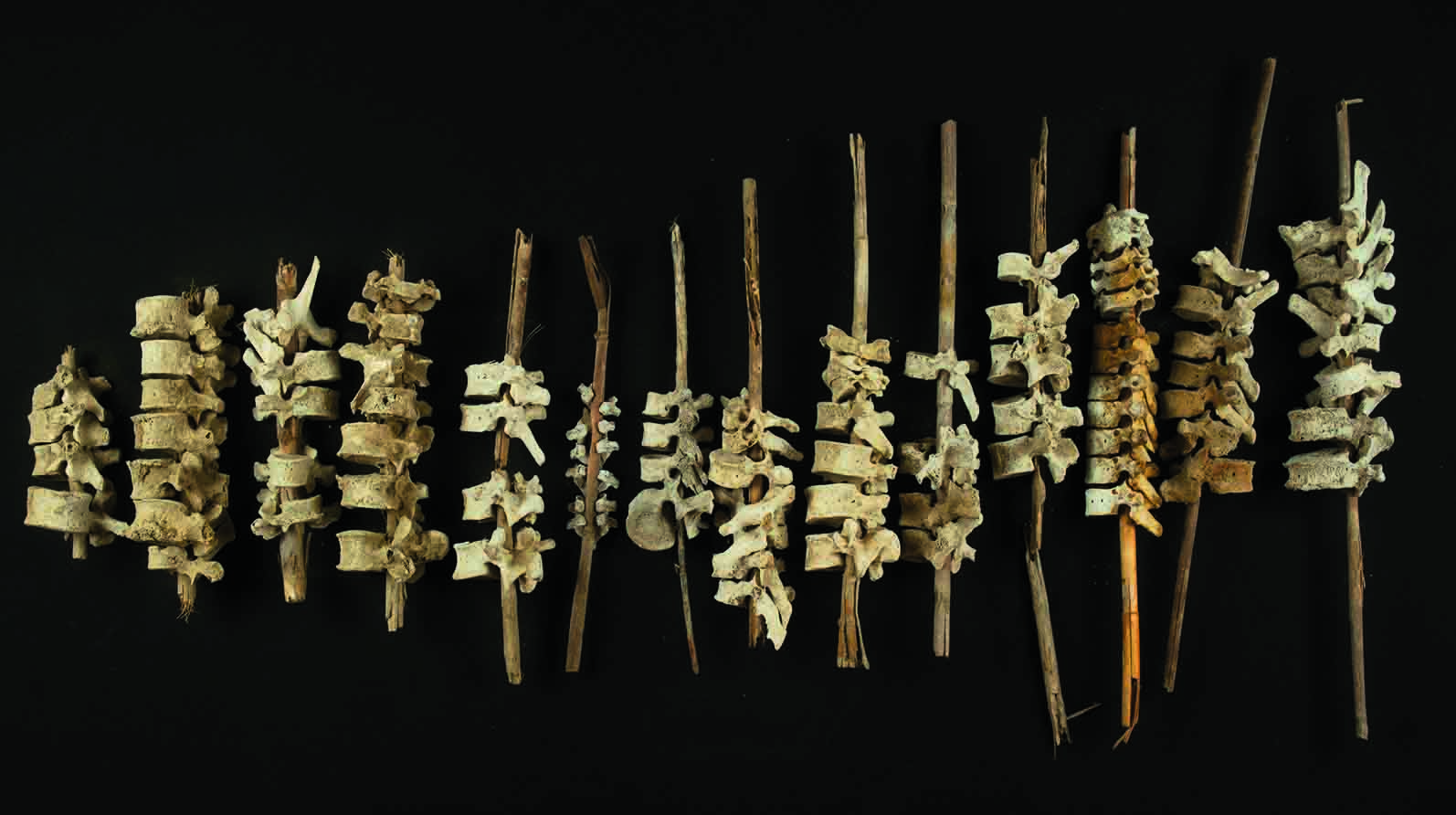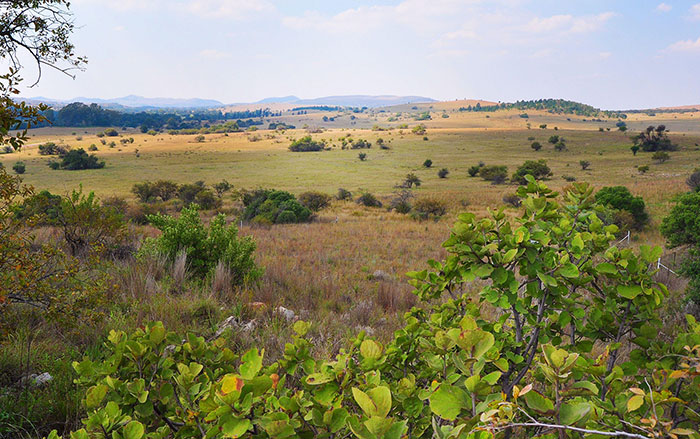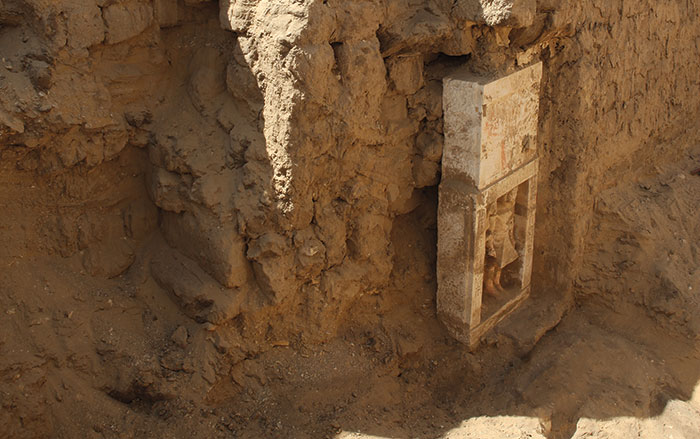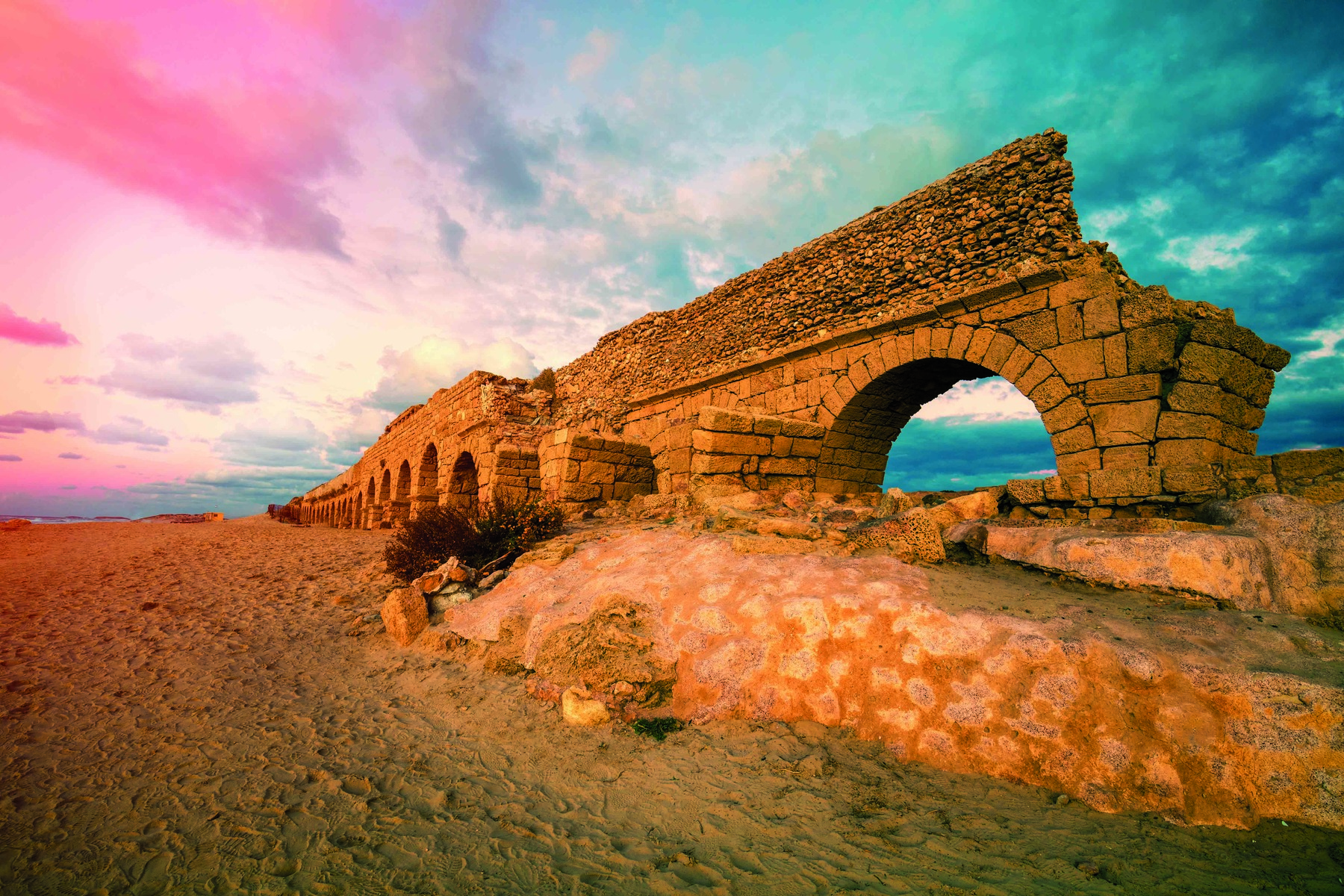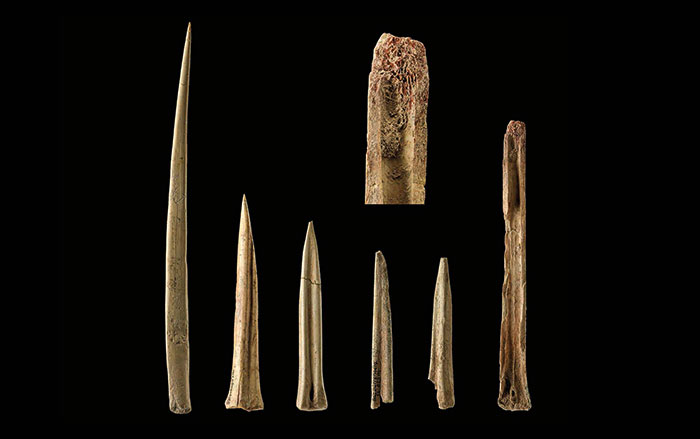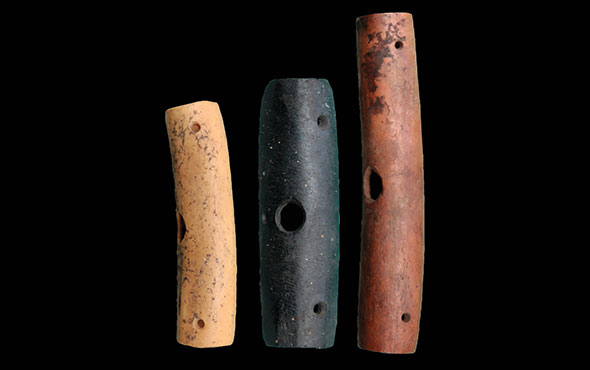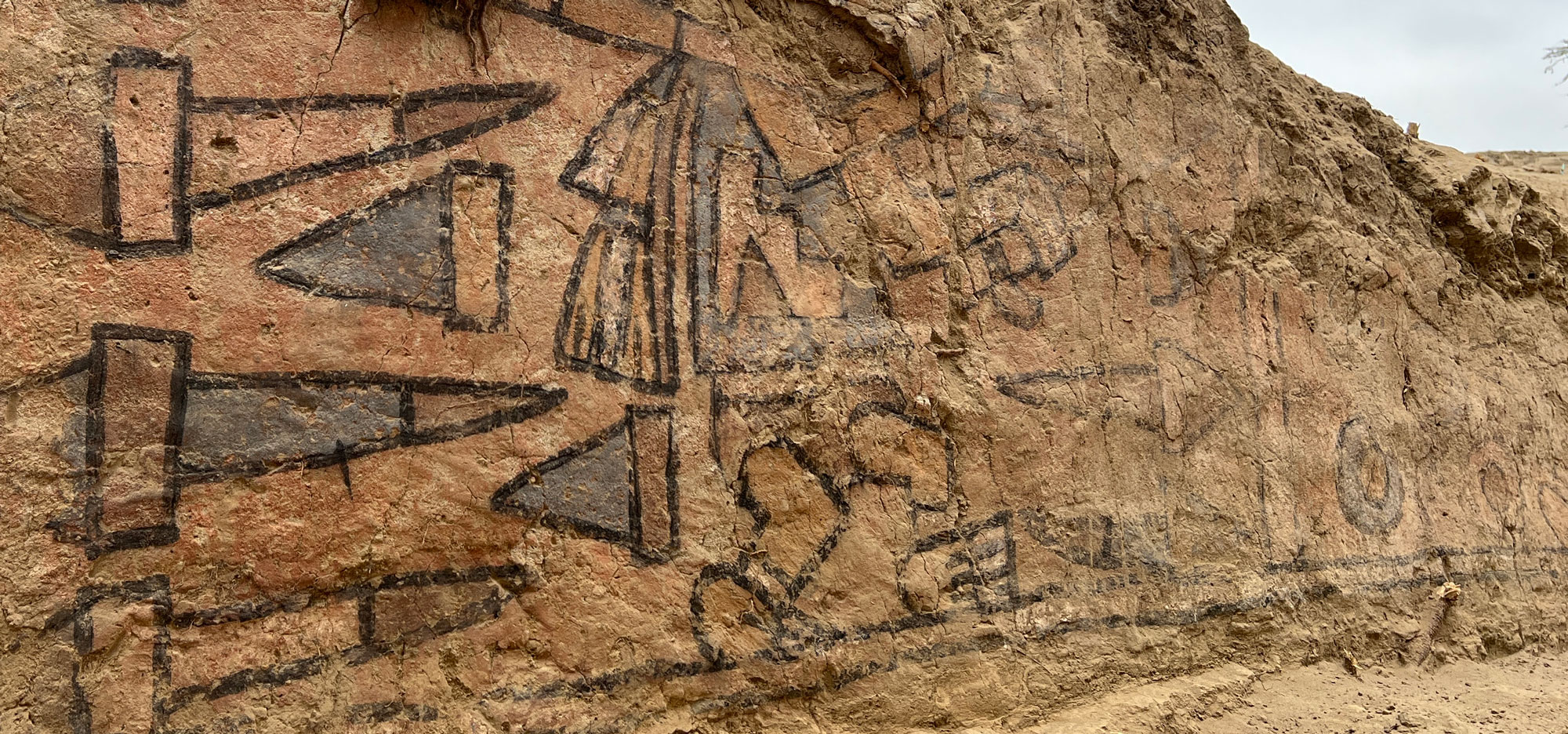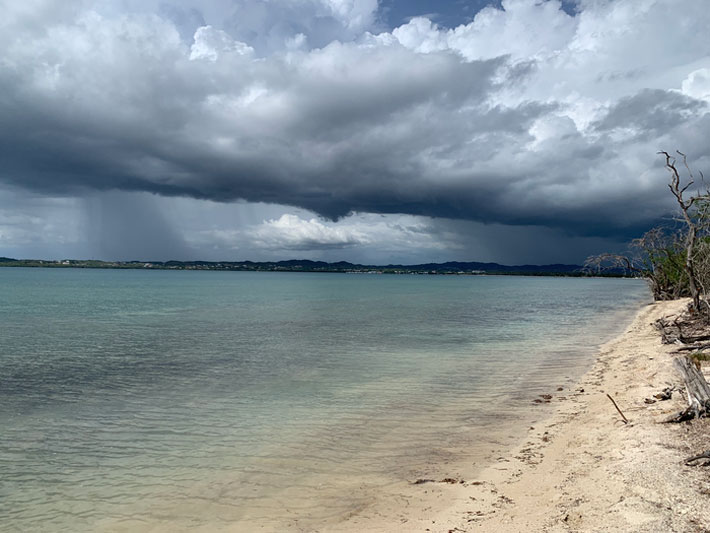
MIAMI, FLORIDA—According to a statement released by the Public Library of Science, William J. Pestle of the University of Miami and his colleagues analyzed the burials of five individuals uncovered in southwestern Puerto Rico at the Ortiz site. The oldest of the remains in the study were radiocarbon dated to 1800 B.C., while the youngest remains were dated to 800 B.C. Overall, only 20 sets of ancient remains have been discovered on the island. Throughout this 1,000-year period covered in the study, the positioning of the bodies within the graves and the associated grave goods remained similar to each other and other ancient burial sites on the island, Pestle explained. Strontium isotope analysis of the bones indicates that the individuals in the study had been born nearby, but in different areas. Therefore, the researchers think the Ortiz site may have been used by various local communities for formalized burials over a long period of time. Read the original scholarly article about this research in PLOS ONE. To read about how earlay inhabitants of Puerto Rico cooked clams, go to "Around the World: Puerto Rico."


